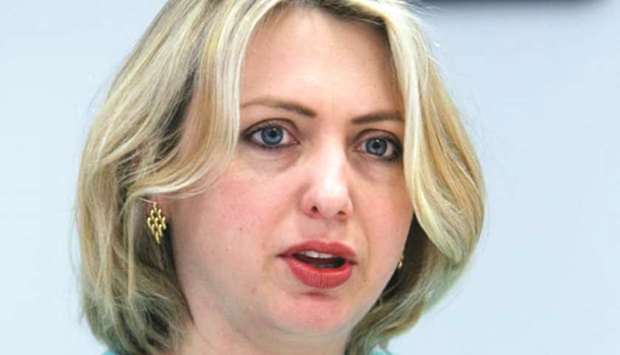Ministers have been urged by top doctors to reveal the extent of national drug stocks, amid growing evidence patients are stockpiling medication in preparation for a no-deal Brexit.
The Royal College of Physicians (RCP), which represents tens of thousands of doctors, urged the government to be more “transparent about national stockpiles, particularly for things that are already in short supply or need refrigeration, such as insulin”.
Prof Andrew Goddard, the RCP president, said: “Faith in the system will be created by openness and regular updates to trusts and clinicians; this will allow clinicians to reassure patients.”
The Pharmaceutical Services Negotiating Committee (PSNC) has warned medical shortages have increased in recent months.
Generic drugs are usually bought through nationally set tariff prices.
However, pharmacies can apply for price concessions under which the NHS will temporarily pay more when the drugs are in short supply.
The number of concessions the PSNC applied for went up from 45 in October, to 72 in November and 87 in December.
The Guardian has also found evidence some patients are stockpiling drugs, against official guidance.
They said they were doing so by ordering drugs from abroad, and by asking their GPs for emergency prescriptions.
One diabetic patient has been stockpiling insulin for four months, ordering twice the amount he needs for each of his drugs from the pharmacist.
Robin Hewings, the head of policy at Diabetes UK, backed calls for more transparency from the government about current stock levels to reassure patients.
“There is a level of concern that has risen quite a lot (in the last few months) and people with diabetes are talking about stockpiling. The government needs to be more transparent about insulin supplies.”
Hewings said people with diabetes in particular needed more reassurance.
He added the risks associated with patients stockpiling drugs meant NHS resources could be wasted.
“If we are in a situation where supplies are constrained and people then start trying to get a lot more insulin than they need...I worry about the way that might play out.”
One diabetic patient, speaking anonymously, told the Guardian: “I am T1D and everyone on the diabetes forums are stockpiling insulin. People are reporting shortages due to this. We are used to getting insulin dispensed immediately or next day, but people say they are being asked to leave it a week.”
Another woman, who also wanted to remain anonymous, said: “I’m really nervous about medical supplies and have scouted out both how to do day trips to France to get meds, or illegal postal supplies from India.”
Patients have also reported their GPs helping them to stockpile, with a 37-year-old woman saying she was given an emergency prescription.
“I saw my GP just before Christmas and said I was freaking out about a no deal and medicine shortages … She said that, since I was anxious about it, she’d give me a six-week supply of each of the medicines to keep in a cupboard and hopefully any interrupted supplies would be smoothed over by then. If nothing happens, I can just use it as normal, but she said it was entirely reasonable for me to be afraid,” she said.
Speaking anonymously, the owner of a chemist in London said: “The cases I’ve seen were just patients getting large supplies when it wasn’t because they were going on holiday. The patient who received a private prescription got it from their regular GP. So they had likely been honest about their intentions to the GP and the GP was sympathetic but couldn’t help them with an NHS prescription.”
Another patient, Florence Pattaralowha, claimed her GP had told her Naproxen, an anti-inflammatory drug, was in short supply due to Brexit.
“I was informed by him there is no Naproxen in the country due to Brexit trade deals, as the medication is mainly outsourced for other countries,” she said.
Prof Helen Stokes-Lampard, the chair of the Royal College of GPs, said: “We … would ask them (patients) not to take it upon themselves to stockpile, or put their prescribing healthcare professional in a difficult position by asking them to help them to do so, and look to the government to reassure the public.”
In December, the Department of Health and Social Care revealed plans that would amend the Human Medicines Regulation 2012 and let pharmacists dispense an alternative medicine, rather than the prescription, without having to contact a GP.
The health secretary, Matthew Hancock, insisted the move was “not actually just about Brexit”.
The government has asked pharmaceutical companies to stockpile medicines as part of a UK-wide, no-deal contingency plan.

Prof Helen Stokes-Lampard, the chair of the Royal College of GPs, is urging people not to stockpile drugs.
